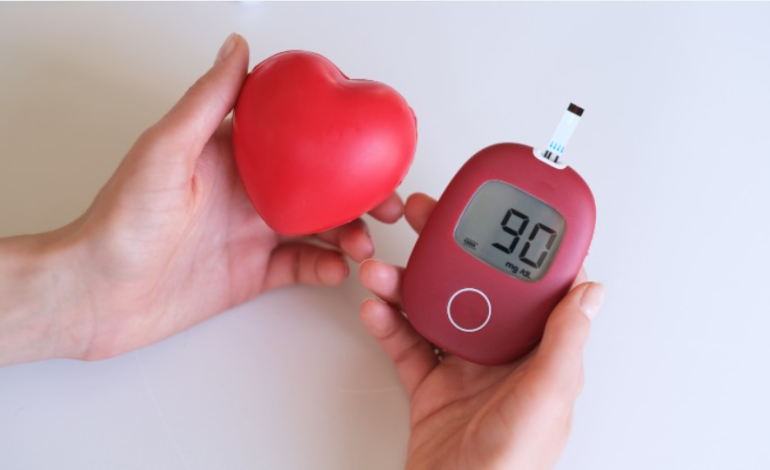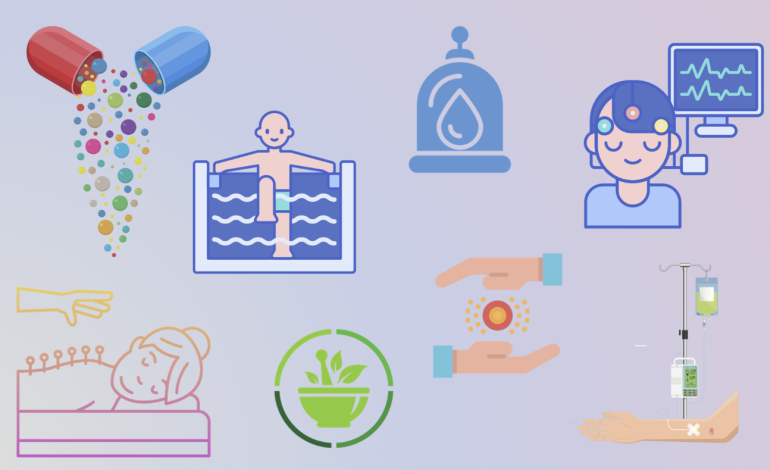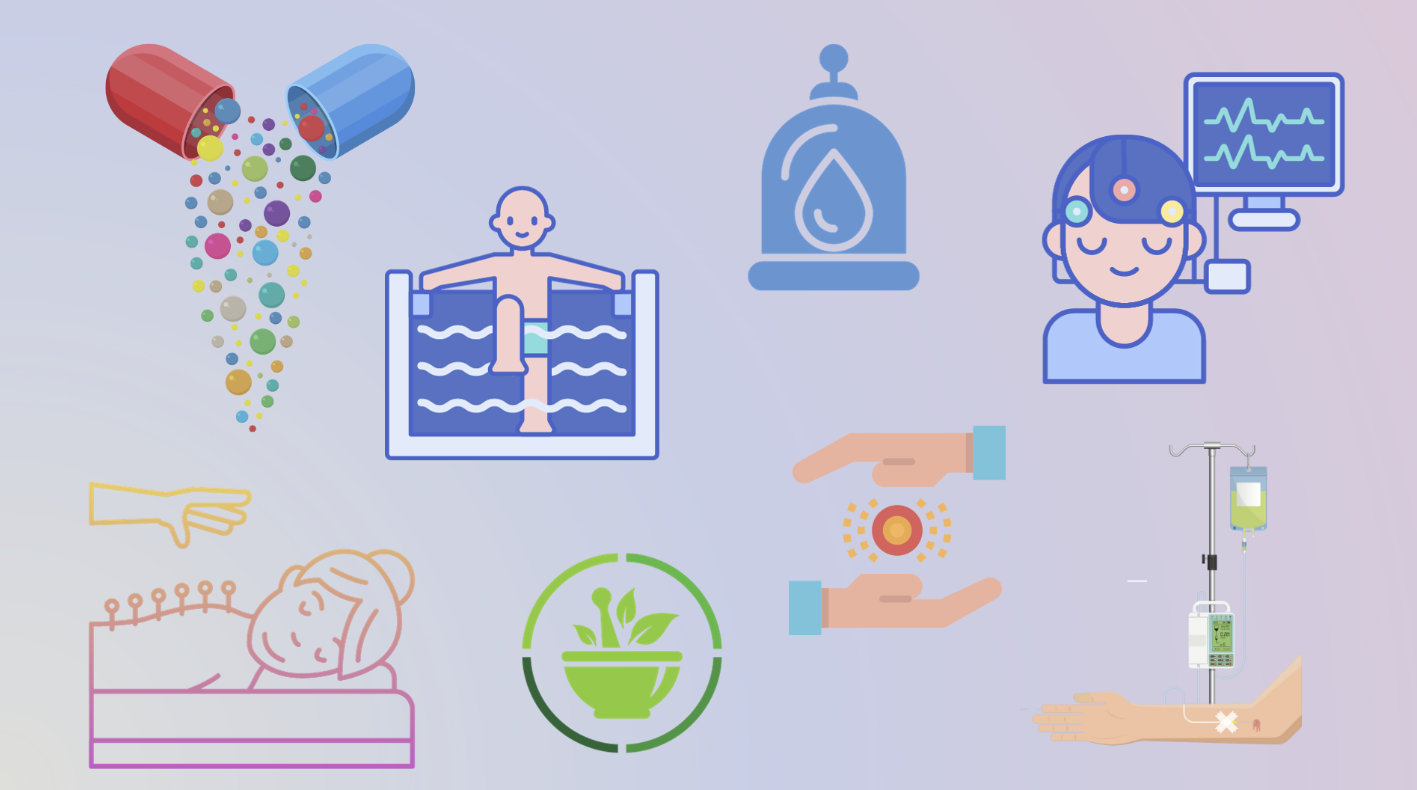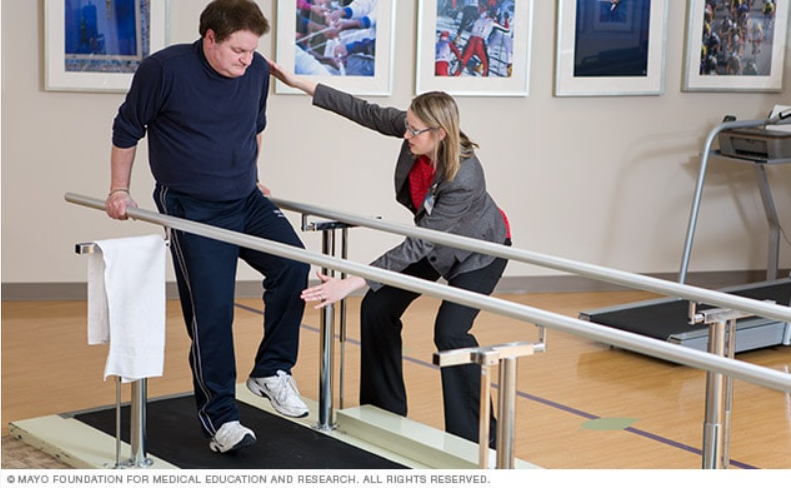
5 Ways Patients Hinder Their Own Autoimmune Healing

You’ve probably heard the saying, “We’re our own worst enemies,” and it definitely applies when it comes to healing autoimmune diseases. While it’s possible to be your own best ally in the healing process, it’s not always easy. If you’re struggling with frequent autoimmune flare-ups, there’s a good chance that you might be unknowingly sabotaging your own healing, and potentially even making your autoimmune disease worse.
So, what could be making your autoimmune disease worse? It might be that you’re unintentionally doing things that aren’t helping your healing process. In this post, I’ll highlight five common ways people hinder their autoimmune healing and show you how to spot if you’re getting in your own way.
Slipping Back Into Old Habits
One of the most common mistakes people make is returning to old habits once they start feeling better. They change their diet, feel great, and think, “A little ice cream won’t hurt” or “I can skip my supplements now.” Without realizing it, they stop doing the things that helped them improve, thinking they don’t need them anymore. But if they haven’t been on the program long enough, the root issues might not have been fully addressed, causing their symptoms to return and undoing their progress.
Recognizing Bad Habits But Not Taking Action
Sometimes people acknowledge they’ve fallen back into old habits, but they don’t do anything about it. They might say, “I’ll get back on track tomorrow,” but keep putting it off. Then, they make excuses like, “I’ll start fresh next week.” This delay only hinders their progress and prolongs their healing.
Giving Yourself Permission to Cheat
Another way people get in their own way is by justifying “cheat days” or breaking their health commitments. They might think, “I’m on vacation; it’s too hard to eat healthy while traveling,” and let themselves off the hook. Sometimes, they’ll skip exercise with the excuse that it’s just too hard while away. Or they’ll choose social activities over their health, saying, “My friends don’t go to healthy places, so there’s nothing I can do.” But that’s rarely the case. There are always options—eat beforehand, or ask a restaurant to modify dishes to fit your dietary needs. It might take extra effort, but the results will be worth it.
Battling Information Overload
Another problem I see is that people often try to do too many things at once in their autoimmune healing journey. They might overwhelm themselves by reading about different supplements and remedies, then try to implement everything all at once. The truth is, it’s much more effective to focus on one thing at a time and work on the root causes. Rushing into things like intermittent fasting, for example, might not be suitable for you if it could mess with your blood sugar levels. There’s a right way and right order to approach healing, and trying to do too much at once can backfire, leaving you frustrated. Trying to treat yourself without proper tests can be another form of sabotage. For example, reading an online video about parasite cleanses and then jumping into one without knowing if you have parasites is a risky move.
Instead, it’s best to discuss what you’ve learned with a knowledgeable healthcare provider who can help you tailor your approach to your specific health needs.
Not Paying Attention to Symptoms
Ignoring the signals your body gives you is another form of self-sabotage. If you eat the wrong foods, stay up late, skip exercise, or overdo it, you’re blocking your healing process. Autoimmune symptoms are your body’s way of saying something isn’t right. Ignoring these messages often leads to worse symptoms down the line. The more you ignore them, the louder your body will get until you finally listen.
How to Know If You’re Sabotaging Yourself
It’s not always easy to realize you’re sabotaging yourself, and sometimes the people around you notice unhealthy habits before you do. That’s why having a support system is so important—whether it’s a spouse, friends, or family. Additionally, working with a skilled functional medicine provider who can run lab tests and give you objective insights is crucial. They can offer an outside perspective on your actions and how they’re affecting your health.
One simple yet effective tool is keeping a journal. Write down what you’re doing and how you’re feeling. For example, if you followed an elimination diet and felt great, but your symptoms returned when you stopped, your journal will help you realize that the diet was making a difference. If you’re unsure about how certain foods affect you, jot down your reactions after eating them—it’ll help you identify any troublemakers in your diet.
Another way to stay on track is by working with a nutritionist or health coach. At Caplan Health Institute, our health coaches are experts in using food and lifestyle as medicine. They can help with accountability and dive deep into what’s working and what’s not. They’ll look at your diet, your eating patterns, and how it’s all affecting your health. With their guidance, you can identify the habits that support your healing and those that hold you back. Having that external perspective can be invaluable on your journey to heal your autoimmune disease.





